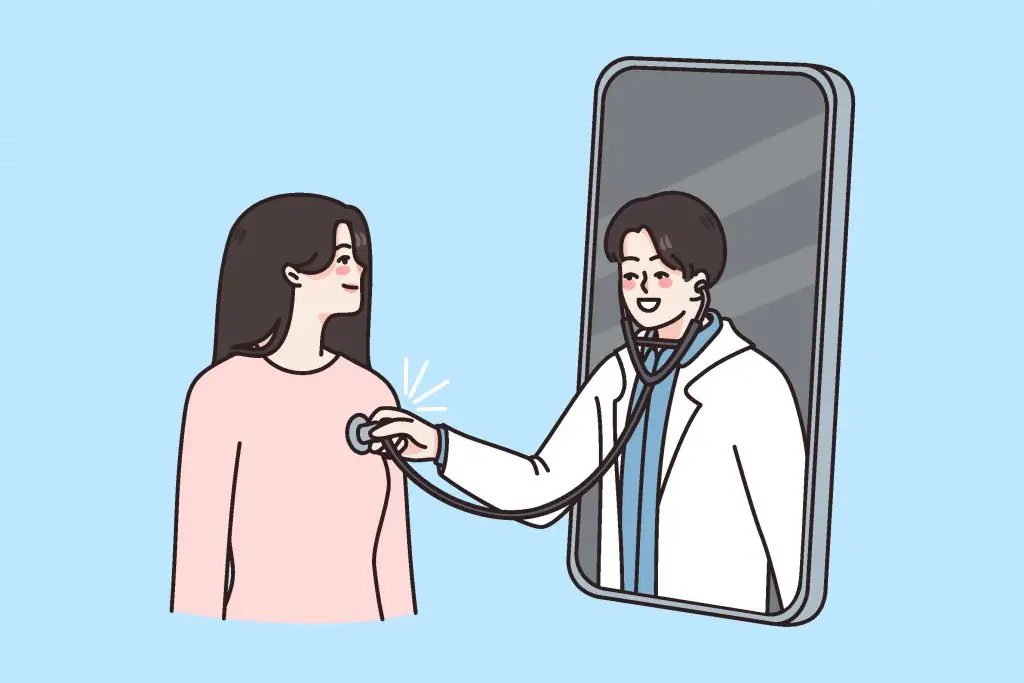Key Highlights
- Seniors face a higher risk of serious health problems due to weakened immune systems, making vaccinations essential for their well-being.
- Vaccinations for older adults help prevent preventable diseases like flu, pneumonia, shingles, and more.
- Flu vaccines should be administered annually for the best protection against seasonal influenza.
- Pneumococcal, shingles, and Tdap vaccines offer targeted defenses against life-threatening illnesses and complications.
- Medicare and private health insurance often cover recommended vaccinations for older people, reducing out-of-pocket expenses.
- Healthcare providers and pharmacists play a key role in guiding seniors on their immunization practices.

Introduction to Vaccine Importance
Hello, readers. My name is Dr. Kulmeet Kundlas, a primary care physician committed to bringing you important health information. Since the COVID-19 pandemic struck, questions about the safety, efficacy, and necessity of vaccines have taken center stage. One of the most pressing points I emphasize is that a single vaccine shot can not only prevent acquisition of a disease but, if infection occurs, also significantly reduce the severity, need for hospitalization, and risk of death.
The Three Cardinal Rules of Vaccines
When considering vaccines, there are three critical aspects:
- Effectiveness in preventing the original disease.
- Ability to prevent hospitalization.
- Capacity to prevent death.
These are the benchmarks by which vaccines prove their worth.

Common Questions About Vaccines
I’ve compiled answers to 15 common questions regarding vaccines in this post. This guide is intended to equip you with essential knowledge and will be updated as vaccine recommendations evolve.
Essential Vaccines for Seniors
For those above 65, certain vaccines are particularly important:
- Flu Vaccine: An annual necessity.
- Pneumonia Vaccine: A one-time shot after age 65.
- RSV Vaccine: Recently approved for seniors; a one-time dose.
- COVID-19: Due to its recent prominence, it’s crucial.
- Herpes Zoster (Shingles) Vaccine: Known as Shingrix.
- T-dap Vaccine: Covers diphtheria, tetanus, and pertussis, recommended every 10 years.
While not 100% protective, these vaccines are highly effective in reducing risks. Their rigorous testing protocols ensure safety and efficacy, marking this era as a hopeful time for seniors in tackling significant diseases like flu, pneumonia, RSV, and COVID-19.

RSV Vaccine Details
For those over 60, especially with conditions like severe lung disease or compromised immunity, the RSV vaccine is highly recommended. With options from manufacturers like GSK, Pfizer, and potentially Moderna, these vaccines are effective and generally safe.

Pneumonia Vaccine Guidelines
Typically, seniors receive a pneumonia vaccine once before 65 and once after. Choices include PVR 15, PVR 20, and Polyvalent 23, all proven effective.
Shingles Vaccine Information
The shingles vaccine can result in mild local reactions but significant complications are rare. It’s recommended for everyone over 50, even for those who’ve had the disease before.
Flu Shots for Seniors
High-dose flu shots are advised for seniors to accommodate the weakened immune systems that accompany aging.
Combining Vaccines and Special Cases
Seniors can generally receive multiple vaccines at once, though RSV is an exception where standalone administration is preferred. Additionally, shingles vaccine is safe for seniors with heart disease or diabetes.
Medicare Coverage and Accessibility
The good news: Medicare covers senior vaccines. Vaccines are widely available in pharmacies, eliminating logistical challenges small practices might face.
Considerations for Seniors with Specific Health Conditions
Vaccines generally do not interfere with typical medications for conditions like hypertension or diabetes. However, immunosuppressive therapies may reduce vaccine efficacy. It’s crucial that seniors with autoimmune diseases proceed with vaccination, as inactivated and recombinant vaccines are safe.
Final Thoughts and Encouragement
I hope this post answers some of your pressing questions. Please like, share, and comment your thoughts. Stay informed and protected by making vaccines a priority for you and your loved ones. Proper vaccination can safeguard communities and families alike. Thank you for your trust in evidence-based guidance.
Frequently Asked Questions
What is the recommended schedule for senior vaccinations?
The CDC Advisory Committee on Immunization Practices suggests that people who are 50 years of age and older should get a flu vaccine and pneumococcal vaccinations every year. They also recommend Tdap boosters every 10 years. It’s important to talk with healthcare providers to find a vaccination plan that fits your age and health needs.
Are there any vaccines specifically recommended for seniors with chronic conditions?
Yes, vaccines like the flu vaccine, pneumococcal vaccine, and shingles vaccine are very important for older people with chronic health conditions such as heart disease. Medicare Part D and doctors’ offices can help with getting these vaccines. This way, seniors can protect their health easily and at a low cost.


